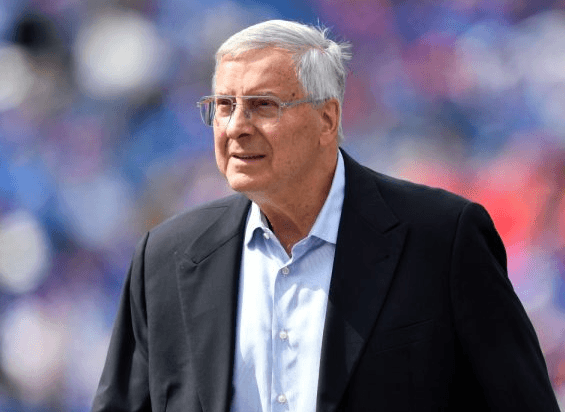Cowboys Stalemate with Micah Parsons as Steelers Negotiate with T.J. Watt
Frisco, TX – July 18, 2025
The Dallas Cowboys find themselves entangled in a contract standoff with star linebacker Micah Parsons, a deadlock compounded by ongoing negotiations between the Pittsburgh Steelers and their own defensive standout, T.J. Watt. As training camp looms next week, the race to become the NFL’s highest-paid linebacker is heating up, with both players vying for top dollar and stalling progress on both fronts.
Parsons, the 26-year-old edge rusher and four-time Pro Bowler, has made it clear he intends to shatter the market as the league’s highest-paid non-quarterback. After amassing 52.5 sacks in 63 games since being drafted 12th overall in 2021, Parsons is pushing for a deal exceeding the current benchmark set by Myles Garrett’s $40 million annual average with the Cleveland Browns. “I’m here to set the standard,” Parsons told reporters at a recent camp event. “I deserve to be the highest-paid linebacker, and I’m not settling for less.” His current fifth-year option pays $24 million for 2025, far below his market value, fueling his urgency.
Meanwhile, in Pittsburgh, T.J. Watt, the reigning Defensive Player of the Year, is locked in similar talks with the Steelers. Watt, who led the NFL with 19 sacks in 2023, is seeking a new contract to surpass his existing $121 million deal, potentially aiming for $41 million per year or more, especially after Garrett’s extension. Reports indicate Watt skipped mandatory minicamp to press his case, with negotiations dragging into July. Steelers GM Omar Khan has expressed optimism, but no agreement is imminent, per team sources.
The Cowboys’ delay in securing Parsons mirrors Pittsburgh’s approach, creating a domino effect. Parsons has attended minicamp despite the impasse, signaling his intent to prove his worth, but he’s hinted that waiting on Watt’s deal could inflate his price. “If T.J. gets his, mine’s going up too,” he said, echoing sentiments from posts found on X where fans speculate Parsons could demand $45 million annually. Cowboys owner Jerry Jones has remained vague, joking about direct talks, but the lack of progress frustrates fans and analysts alike.
For the Steelers, Watt’s holdout adds pressure as they integrate new additions like Aaron Rodgers, but their reluctance to reset the market risks a trade rumor resurgence. The Cowboys, with $42 million in cap space per Spotrac, face a similar dilemma, balancing Parsons’ demands against contracts for Dak Prescott and CeeDee Lamb.
As both teams approach camp, the standoffs highlight a broader NFL trend of escalating linebacker salaries. Can Dallas and Pittsburgh resolve these disputes before the season, or will Parsons and Watt force a new financial ceiling? Stay tuned to ESPN for the latest developments.












